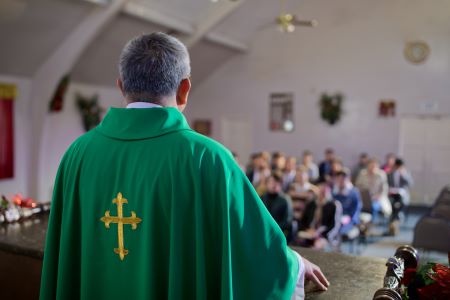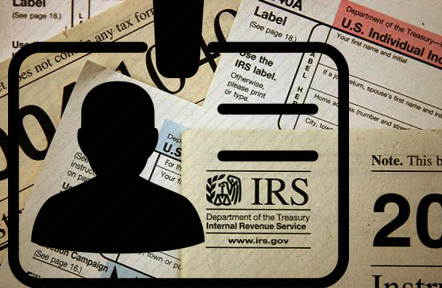Evangelicals Urge Legislative Solution to Visa Issues Impacting Pastors and Vulnerable Children
 Authored by the Evangelical Immigration Table and originally published on evangelicalimmigrationtable.org
Authored by the Evangelical Immigration Table and originally published on evangelicalimmigrationtable.org
On August 22, a coalition of evangelical denominations and organizations sent a letter to Members of Congress, pleading for action to resolve a bureaucratic immigration challenge that is inhibiting their ministries.
Many evangelical churches and denominations have long relied upon the Religious Worker Visa program to lawfully employ pastors and other ministers born outside of the U.S. Existing law allows such individuals to renew a temporary visa for a maximum of five years. Generally, this has been enough time for them to adjust their status to an immigrant visa based on the sponsorship of their church or denomination.
In recent months, the backlog for immigrant visas in the EB-4 employment-based category, which includes Religious Worker Visas, has reached five years. This is creating uncertainty for religious workers who would have to leave the U.S. (and their congregations) in order to comply with the process and requirements for a permanent legal status.
“This bureaucratic problem presents a significant hindrance to the practice of our religious faith, as our churches depend upon pastors who can be physically present to lead and minister to their congregations,” the letter says.
This backlog is largely a function of the significant increase in the number of visa requests for Special Immigrant Juvenile (SIJ) visas for youth who have been abandoned, abused or neglected, because SIJ visas are inexplicably processed in the same EB-4 category, even though they are not employer-sponsored visas.
“As evangelical Christians, we are concerned for the wellbeing of vulnerable foreign-born children, including those who have been orphaned or abandoned and thus are at elevated risks of exploitation, abuse and even human trafficking,” the letter says. “We also, of course, want to continue to have vibrant local churches, which require qualified pastors and ministers who can lawfully minister to those with particular language and cultural backgrounds.”
Evangelical leaders are urging Congress to pass a legislative fix exempting Special Immigrant Juvenile visas from the EB-4 visa category. A bill to do so has recently been introduced and could offer a more efficient process to both groups.
The following are quotes from several leaders of evangelical organizations who signed the letter:
Galen Carey, Vice President of Government Relations, National Association of Evangelicals:
“Pastors with Religious Worker visas are very often the ones ministering to vulnerable youth who need the Special Immigrant Juvenile (SIJ) visas. It makes no sense to pit them against each other. Congress should make room for both groups by exempting the SIJ visas from numerical caps.”
Myal Greene, President & CEO, World Relief:
“It’s not logical that religious workers and vulnerable children should compete for the same visas. The Special Immigrant Juvenile visa is a vital tool to protect children, and the Religious Worker visa is valuable in helping the significant number of churches pastored by immigrants. We urge Congress to adopt a common sense approach and separate these two categories and eliminate a bureaucratic backlog.”
Hyepin Im, President & CEO, Faith and Community Empowerment:
“Many Korean-speaking congregations in the U.S., along with other immigrant-led churches, have long relied upon the Religious Worker Visa program to access trained pastors with the language and cultural skills needed to minister to mostly-immigrant congregations. In recent years, however, the incoherent way that these visas are processed in the same category as children who need a separate visa has created incredible burdens on these pastors and their churches. I pray Congress will act quickly to resolve this problem.”








